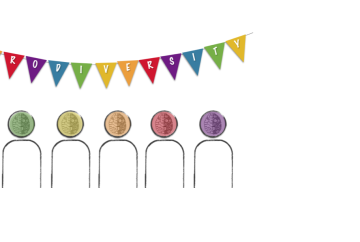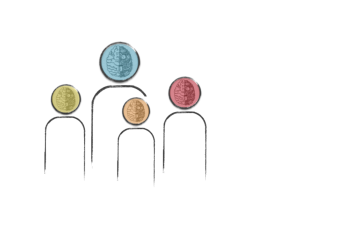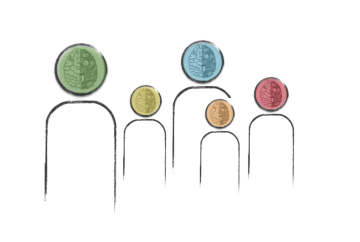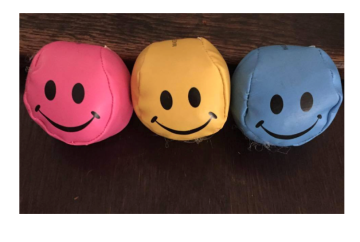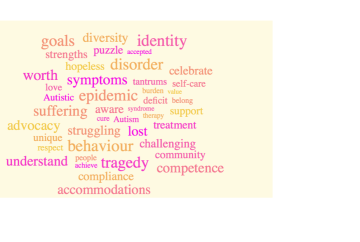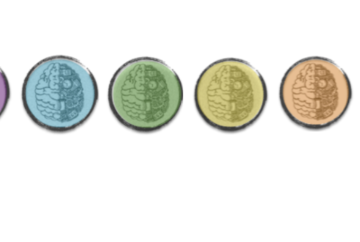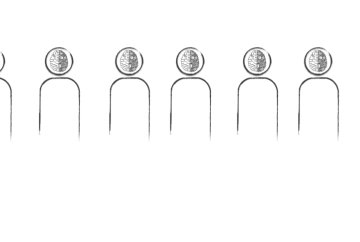Infographic Resources
The resources here have all be developed by Michelle Sutton, and are copyright. Downloadable PDFs are available via links included with each infographic.
By providing the links to the printable PDFs I give permission for you to print an A4 sized copy for your own private use, provided you do not alter the image in any way, and you credit me when you use it.
I anticipate people may wish to print the images for use in situations such as:
*to assist parents in advocating for their children at school and in IEP meetings,
*to assist teachers in the classroom or for discussion in staff meetings,
*to support people in educating family or friends about their own or their child’s needs
If you wish to use them for any purpose other than those above (or similar to those above) please contact me by email { [email protected] }

the basics of Neurodiversity
What is neurodiversity? How do you explain it to someone? Here is my attempt:
Barriers to learning for Autistic people and how you can help
Autistic people process information differently than non-Autistic people. This can cause barriers for them in many environments.
How to support an Autistic child in the classroom
When we acknowledge the difficulty Autistic students can have negotiating classroom environments, it makes sense to look into ways of supporting them better. Here is a starting point to get you thinking about what you can do.
What Autistic children learn from adult responses
We are all always learning. Every interaction, every experience, every mistake is a learning moment. It is wise of us as parents, as supporters and educators, to realize this and to question ourselves about what our children learn from our responses to them.
Tips for Teachers: Supporting Neurodivergent Students
One thing parents tell me when they relate their neurodivergent children’s experiences at school is that they wish teachers understood their children better. We know the job of a teacher is a complex one, and balancing the many and varied needs of a large group of students with minimal resources is expected.
Sensory friendly birthday party
Birthday parties can be really overwhelming for people who experience sensory sensitivities. Half my family, myself included, find parties and large group gatherings difficult in various ways. This graphic contains information about sensory sensitivities, and what you can do to support people who experience them when they attend your party.
Autism Awareness versus Autism Acceptance
This infographic is a summary of how the language used in the push for “Autism Awareness” contributes to the negative dialogue around Autism, and how the move toward ACCEPTANCE of Autism counters that. I am happy for people to share the image, but please credit me and link back to this article, or to my Facebook page when […]
Autism Therapy: goals and effects
There are many therapies and strategies designed to be used with Autistic children. Many of them, including ones like Positive Behaviour Support which is said to be a good method for support children in schools, are mostly just ways to encourage (or force) compliance for the convenience of educators. This is damaging for Autistic students, […]
Autism and bullying
Bullying is a big issue for many Autistic people. We’ve dealt with it in our house, and I know many readers of this blog will have dealt with it too.


